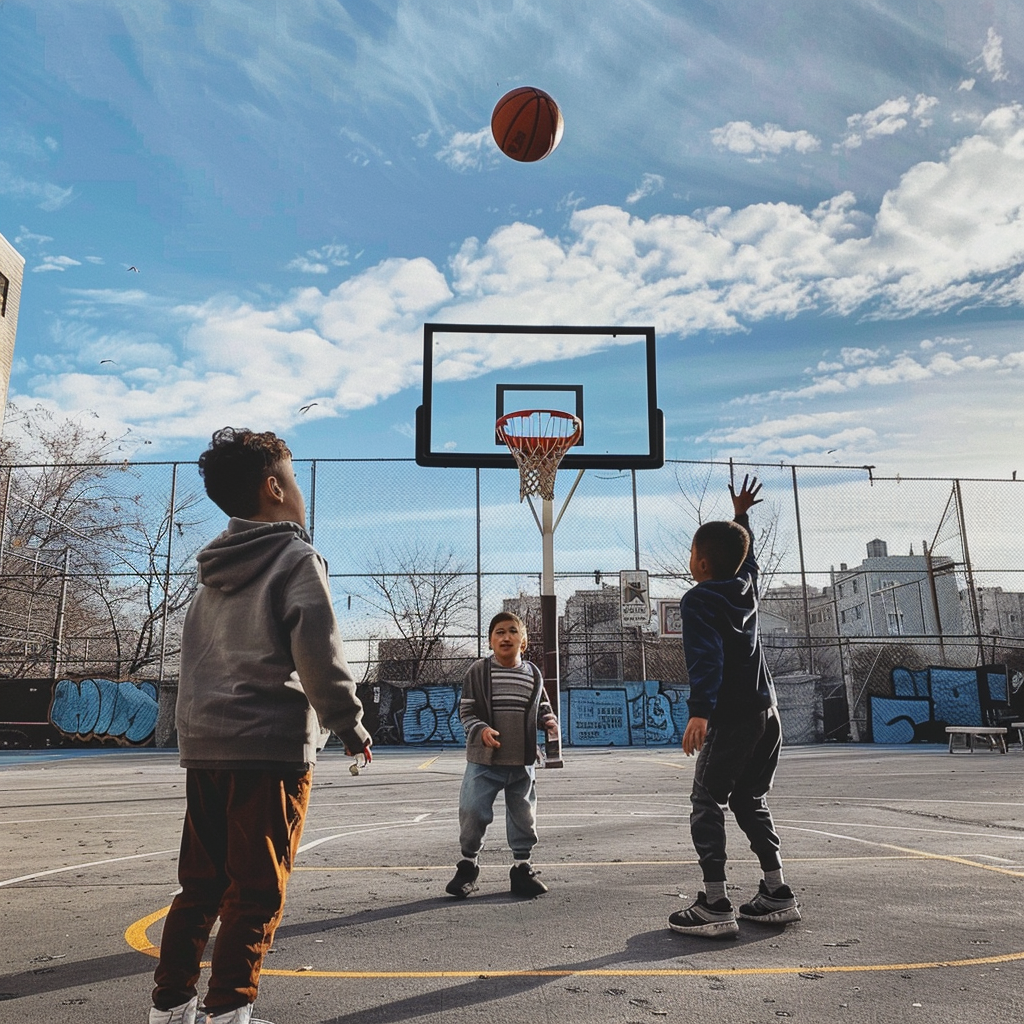In the journey towards fostering a nurturing environment for individuals with autism, understanding the profound impact of physical activity is pivotal. Research consistently highlights that engaging in regular physical exercise not only enhances physical well-being but also significantly boosts social skills, emotional resilience, and overall quality of life for those on the autism spectrum.
Empowering Through Exercise
Physical activities tailored for autistic individuals offer more than just physical health benefits—they are gateways to enhancing social and communication skills. Programs like horseback riding, group sports, and even interactive video games (exergaming) provide unique opportunities for social interaction in a structured, supportive setting. These activities help improve nonverbal communication skills, encourage teamwork, and foster a sense of community and belonging
Building Strength and Endurance
Participation in physical activities leads to notable improvements in muscular strength and endurance. This is crucial as individuals with autism often face challenges in these areas compared to their peers. Strengthening these physical attributes can play a critical role in enabling participation in a variety of social and recreational activities, which are vital for social development and personal growth
Enhancing Motor Skills and Coordination
Exercise programs specifically designed for autistic individuals often focus on improving balance, coordination, and motor skills. Activities such as trampoline jumping, table tennis, or simple playground games not only make physical activity enjoyable but also enhance fundamental motor skills necessary for daily life and interaction
Tailored Strategies to Encourage Participation
Adopting physical activity as a regular part of life for someone with autism requires patience, understanding, and a personalized approach. Start with small, achievable goals and gradually integrate more activity into daily routines. Simple actions like walking to school, playing with a pet, or turning TV time into interactive exercise moments can make a significant difference. Moreover, focusing on activities that the individual enjoys can increase their motivation to engage regularly and maintain an active lifestyle
Nutritional Considerations
Complementing exercise with a nutritious diet is equally important. For individuals with autism, who may have specific dietary preferences or sensitivities, introducing healthy eating habits early on is crucial. Integrating diverse and nutritious foods gradually into the diet can enhance their acceptance and appreciation of healthy eating over time
A Lifelong Journey
Promoting physical activity and a healthy lifestyle among individuals with autism isn't just about improving physical health—it's about enhancing overall well-being and providing tools for more fulfilling and independent lives. It's essential for caregivers and educators to remain flexible and responsive to the individual needs of those with autism, making adjustments as needed and celebrating small victories along the way.
The benefits of physical activity for individuals with autism are clear and well-documented. By embracing these practices, we can help unlock a world of opportunities for growth, joy, and fulfillment for those on the autism spectrum.



 Chat with Us
Chat with Us